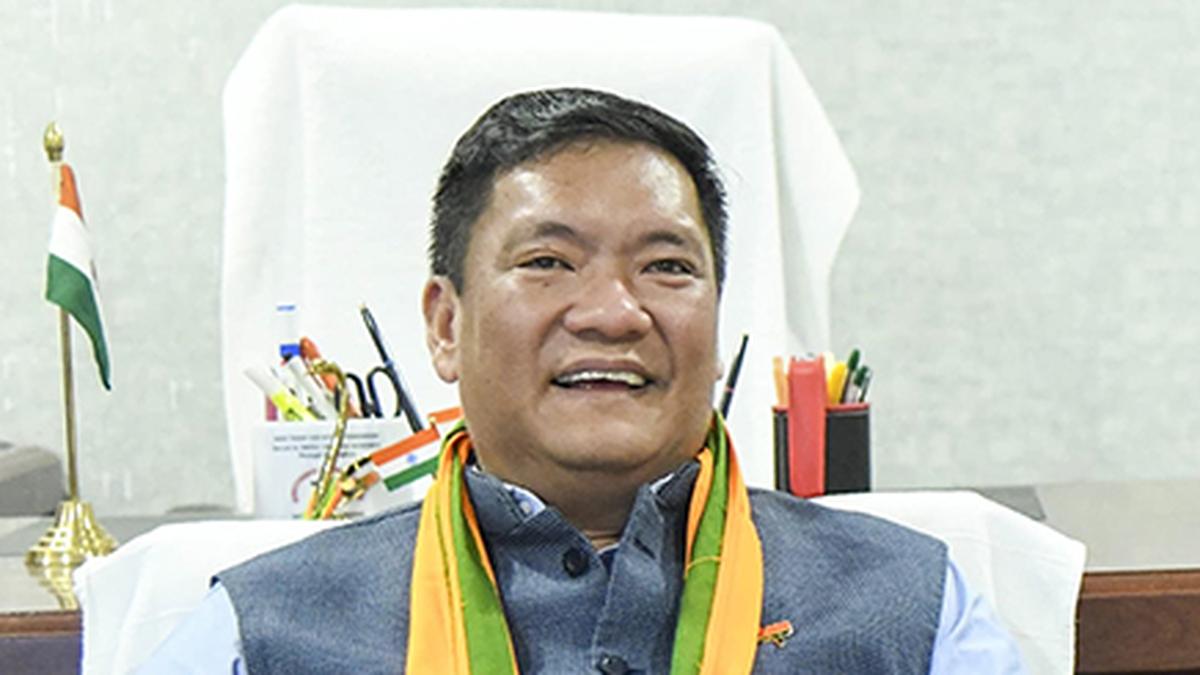GUWAHATI
Arunachal Pradesh Chief Minister Pema Khandu expressed concerns about China’s refusal to engage in binding international water treaties and its selective sharing of hydrological data, particularly in the northeastern region.
During a seminar titled ‘Environment and Security’ held at the State Assembly in Itanagar on January 24, 2025, he highlighted China’s plan to build the world’s largest hydropower project on the Yarlung Tsangpo river, which flows into Arunachal Pradesh as Siang and transforms into the Brahmaputra in Assam before entering Bangladesh as the Jamuna.
China recently announced its intention to construct a 60,000 megawatt dam near the Arunachal Pradesh border in Tibet, claiming minimal impact on the Himalayan and sub-Himalayan regions.
The implications of China’s mega-dam project | Explained
Khandu cautioned that the dam could allow China to control water flow downstream, leading to adverse effects during low flow periods or droughts. He also warned of potential dry spells in the Siang belt and Assam plains, as well as the risk of severe flooding during the monsoon season due to sudden water releases from the dam.
The construction of this hydropower dam poses significant threats to water security, ecology, and livelihoods in Arunachal Pradesh, Assam, and Bangladesh. Khandu emphasized the need for cooperative governance of shared water resources in Asia to address these challenges.
The seminar, focused on the environmental situation in Tibet and its implications for India’s security, was organized by the Tibet Support Group of Arunachal Pradesh and the Core Group for Tibetan Cause. Various stakeholders, including representatives from the Central Tibetan Administration and Indian parliamentary forums, participated in the discussions.
Published – January 24, 2025 07:40 pm IST








































